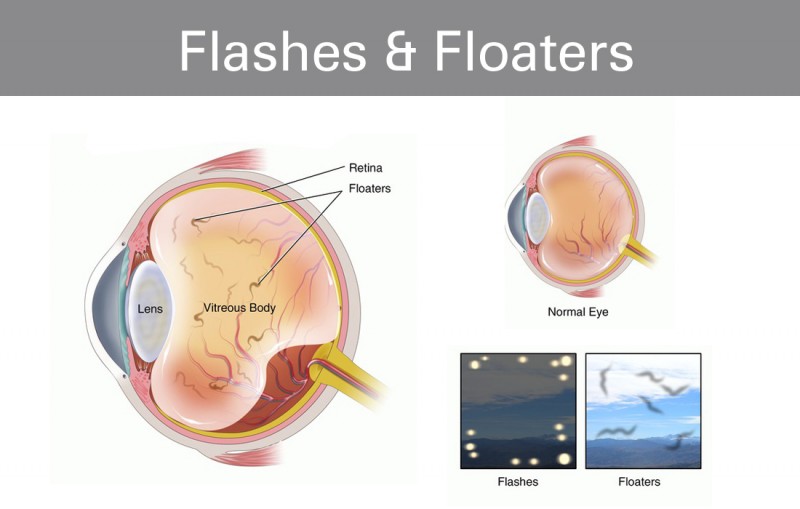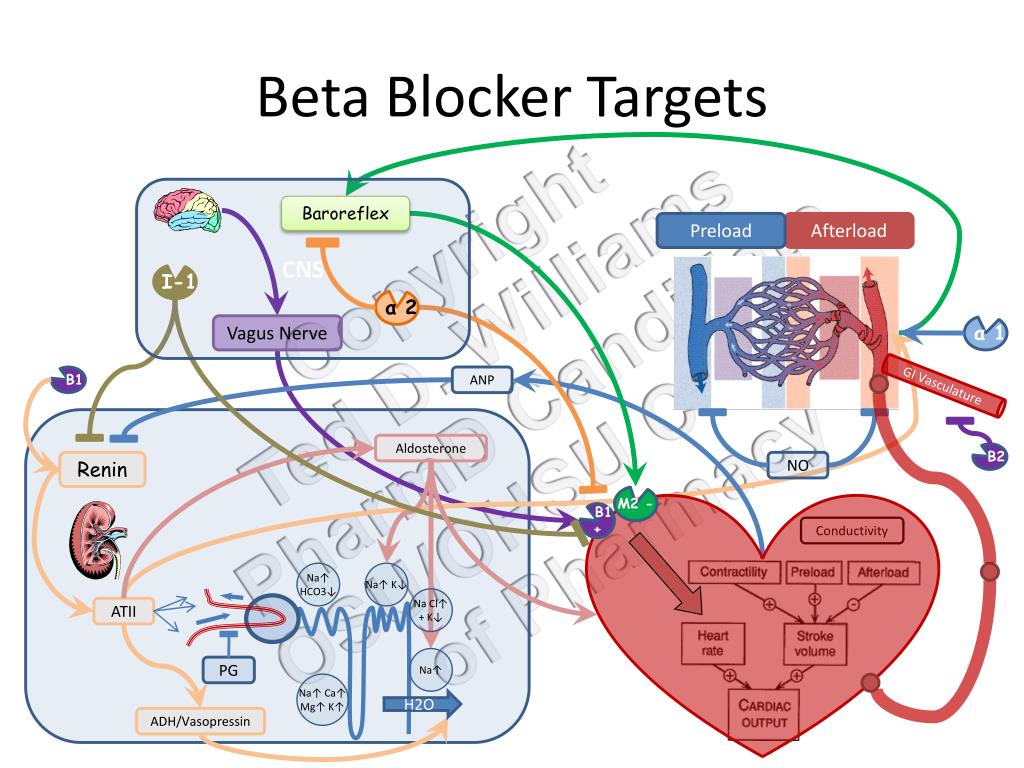Post-Meal Napping and Acid Reflux - Is There a Connection?

We've all been there: a satisfying meal leaves you feeling pleasantly drowsy, and the allure of a quick nap becomes irresistible. But did you know that hitting the hay immediately after eating could be contributing to those uncomfortable bouts of heartburn?
While the idea of food coma might seem harmless, the truth is that lying down after eating, especially a large meal, can exacerbate acid reflux symptoms. Let's delve into the science behind this connection and explore what you can do to enjoy both your food and your rest without the burn.
Understanding the Mechanics of Acid Reflux
Acid reflux, also known as gastroesophageal reflux disease (GERD), occurs when stomach acid flows back up into the esophagus, the tube that connects your mouth to your stomach. This backflow happens when the lower esophageal sphincter (LES), a ring of muscle at the bottom of your esophagus, doesn't close tightly enough. The LES acts like a valve, preventing stomach acid from escaping upwards.
When we eat, the LES relaxes to allow food to pass into the stomach. However, lying down too soon after eating can hinder the LES from closing completely, creating an opportunity for acid to creep back up, leading to that burning sensation we know as heartburn.
The Impact of Gravity and Digestion
Gravity plays a crucial role in digestion. When you're upright, gravity helps keep the contents of your stomach down, aiding in proper digestion and preventing acid reflux. However, when you lie down, this gravitational advantage diminishes.
Imagine your stomach like a tilted container – when upright, the contents naturally pool at the bottom, away from the LES. But when you lie flat, the contents spread out, increasing the pressure on the LES and making it easier for acid to escape.
Recent Studies and Findings
Recent research reinforces the link between post-meal napping and increased acid reflux symptoms. A 2018 study published in the Journal of Clinical Gastroenterology found that individuals who lay down within an hour of eating were significantly more likely to experience heartburn compared to those who stayed upright.
Furthermore, a 2020 study published in the journal Gastroenterology & Hepatology analyzed data from over 15,000 participants and found that those who habitually napped after lunch had a higher prevalence of GERD symptoms. These findings highlight the importance of incorporating a gap between eating and lying down to minimize the risk of acid reflux.
Tips for Preventing Post-Meal Acid Reflux
Fortunately, there are several simple lifestyle modifications you can adopt to enjoy your meals without the discomfort of acid reflux:
1. Wait Before You Rest:
As tempting as it may be to curl up for a nap after a delicious meal, try to resist the urge for at least two to three hours. This allows your stomach ample time to empty and reduces the likelihood of acid reflux when you eventually do lie down.
2. Mindful Eating Habits:
Opt for smaller, more frequent meals throughout the day instead of large, heavy meals. Overeating can distend your stomach, putting extra pressure on the LES and increasing the risk of acid reflux.
3. Elevate Your Upper Body:
If you must lie down after eating, consider elevating your upper body by using extra pillows. This helps to maintain the gravitational advantage, keeping stomach acid down and reducing the likelihood of it flowing back up.
4. Choose Sleep-Friendly Foods:
Certain foods are known to trigger or worsen acid reflux symptoms. These include fatty and fried foods, spicy dishes, citrus fruits, tomatoes, and caffeine. If you're prone to acid reflux, it's best to limit your intake of these foods, especially close to bedtime.
5. Stay Hydrated:
Drinking plenty of water throughout the day can aid in digestion and help neutralize stomach acid. Aim for at least eight glasses of water daily, and consider sipping on water between meals rather than during.
In Conclusion: Listen to Your Body
While the occasional post-meal nap may not pose a significant threat, consistently lying down after eating can exacerbate acid reflux symptoms. By understanding the connection between eating habits, gravity, and acid reflux, you can make informed choices to minimize your risk and enjoy both satisfying meals and restful sleep. If you experience frequent or severe acid reflux, consult with a healthcare professional for personalized advice and treatment options.














Comments ()